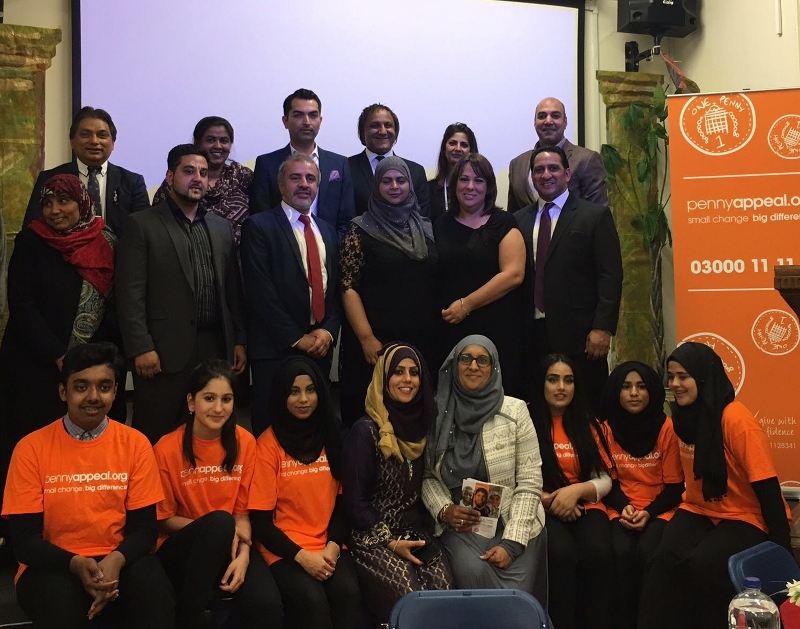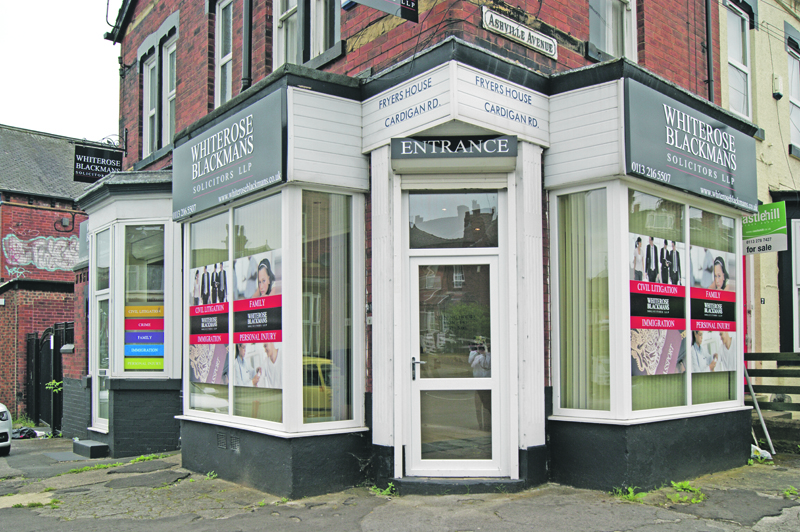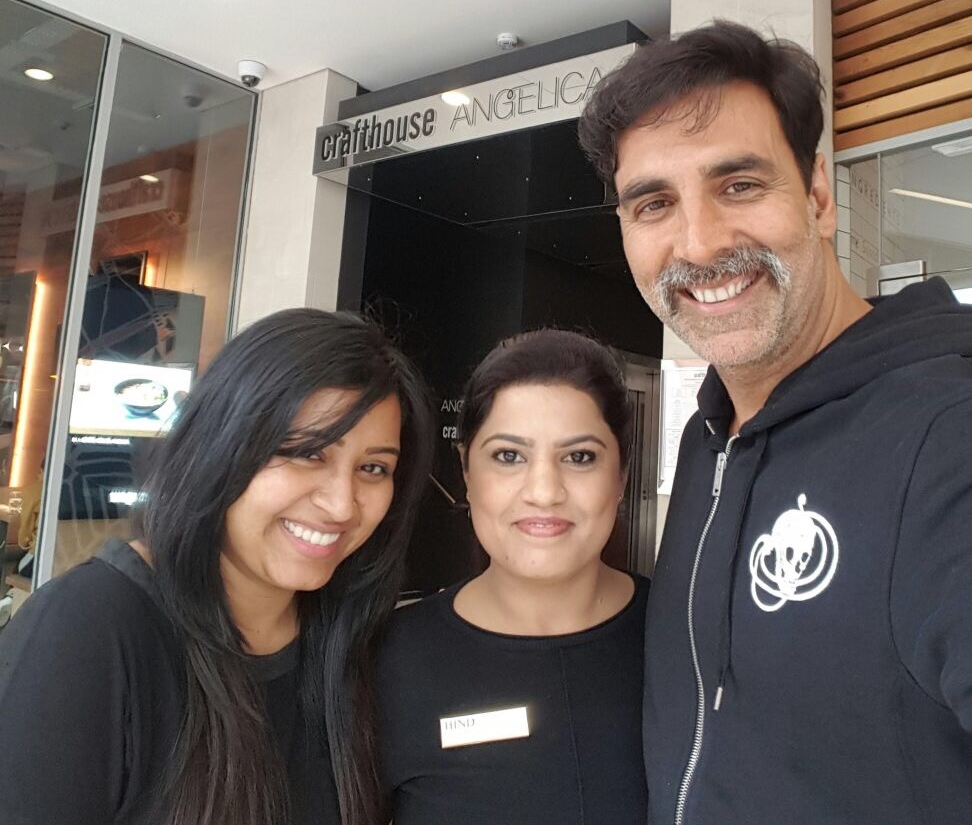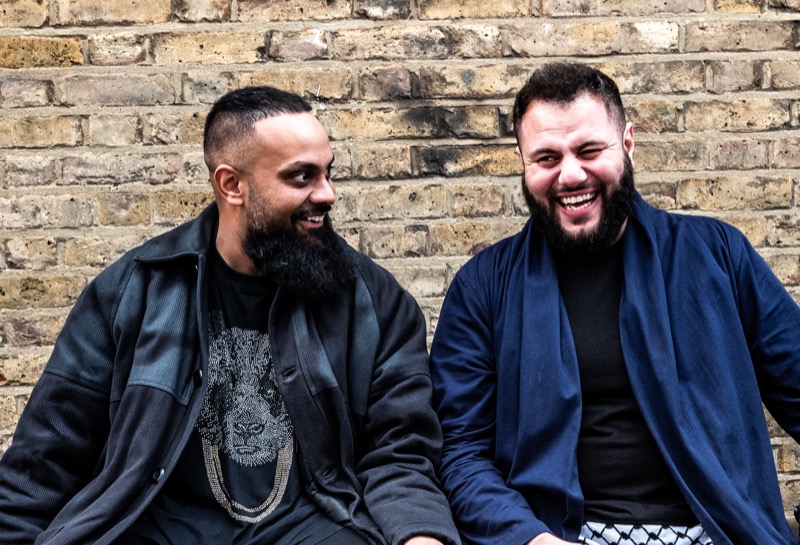
Integration matters to all of us. We all want to live together well in Britain, without stigma or fear of each other. Sharing values and opportunities with fellow Brits – an aspiration that is strongly shared by Muslims and others alike – is of paramount importance post the Brexit vote.
The “Missing Muslims” report, commissioned by Citizens UK and chaired by Dominic Grieve, former Attorney-General, is a timely and valuable addition to the literature about Muslims. It recognises the huge contribution of Muslims, makes useful recommendations to achieve greater integration and avoids the trap of conflating religion and ethnicity. The report follows an 18-month Commission that listened to a wide range of voices politics, business, faith and civic society.
The report makes 18 practical and inexpensive recommendations to unlock the potential of Muslims for the benefit of all. The report does not seem to seek ‘special treatment’ for British Muslims.
There are three recommendations of that stand out for me.
First, the government needs to adopt a workable definition
of anti-Muslim prejudice and legislate against it. Following the atrocities at Manchester Arena and London Bridge, attacks against Muslims went up fivefold, and more recently there have been reports of a number of acid attacks on Muslims.
The 2016 hate-crime action plan, set out by the government, and assurances by the Home Secretary following the Finsbury Park are commendable steps but there is a need to legislate against such hatred.
A working definition of anti-Muslim prejudice could be informed by the definition of anti-semitism adopted by the government in 2016. In addition to legislation, there needs to be a change in civic attitudes towards Muslims so that they are neither treated as suspects nor stigmatised.
Recently, I held a workshop between our mosque and local third sector organisations and we learnt that most people are still either in denial of anti-Muslim hatred or are unaware of the impact it has on young Muslims. Anti-Muslim hatred is a notable obstacle to integration and participation in public life.
Second important recommendation is for the Government to develop an integration strategy. There seems to be significant scepticism across British society about the integration, and even the shared allegiance, of fellow Brits. This has resulted, at times, Muslims not sharing equal status or access to equal opportunities.
A member of my congregation in Leeds applied for the same job – one application filled in with a Muslim name and the other with an English name. He had positive replies from employers on the application with an English name but never heard back on the other application. Similar experiences are shared by many young Muslims across the country.
The government and the business sector must help to identify and break down the barriers to equal opportunity.
Of course, integration cannot solely be achieved by governments’ actions. We all need to pay attention to the places where our society looks more fragmented. No community should become segregated or cut-off – whether that’s because of a lack of contact with people from other backgrounds, or not speaking fluent English, or because some people don’t want them to be part of our shared society. The report acknowledges that integration is a two-way street and we all need to find ways of engaging across ethnic lines.
It goes without saying that protection from anti-Muslim prejudice and greater integration requires meaningful engagement between the state and parts of the Muslim community, including those with whom the government may disagree. Both parties need to proactively address the ‘broken relationship’ to develop a more united, cohesive and stronger nation. The politicians need to reach out beyond community gatekeepers and include women and young in their engagement, and the Muslim communities must also provide access beyond the usual gatekeepers.
Third, the cluster of recommendations made to the British Muslim communities focus on Muslims investing in their mosques and Imams, capacity building and improving the governance of their institutions.
The recommendation for Muslim umbrella bodies to introduce voluntary standards for mosques and Islamic centres is critically important, although enforcement of such standards is going to prove extremely difficult without mosques fully recognising the importance of those standards for the development of the Muslim community.
Stronger safeguards, better governance and more access for women to these institutions is long overdue. If the Muslim community excepts equal opportunities in society, they must provide similar opportunities to young men and women in their own institutions.















